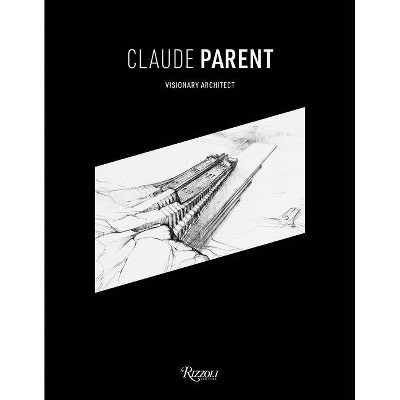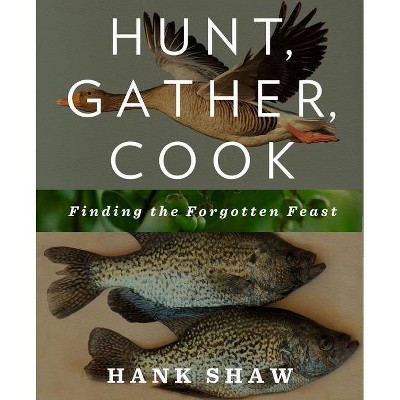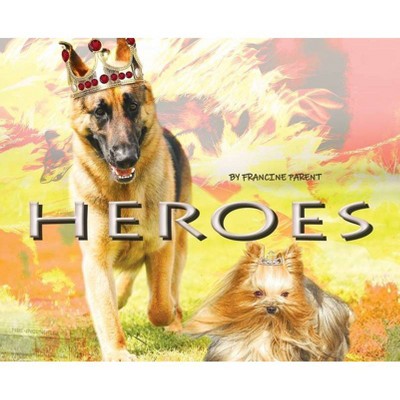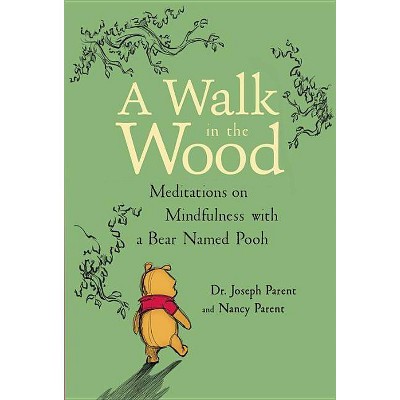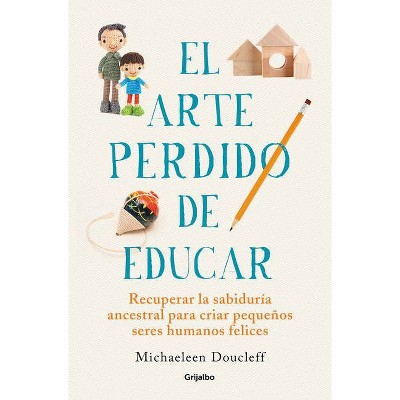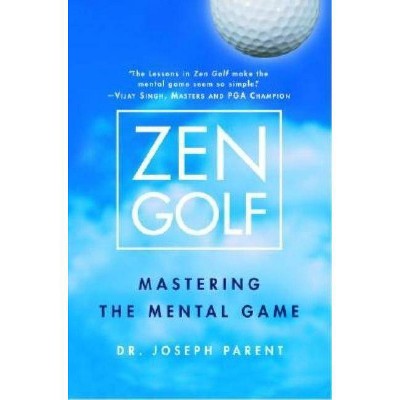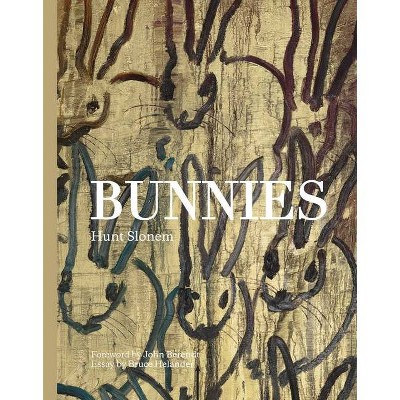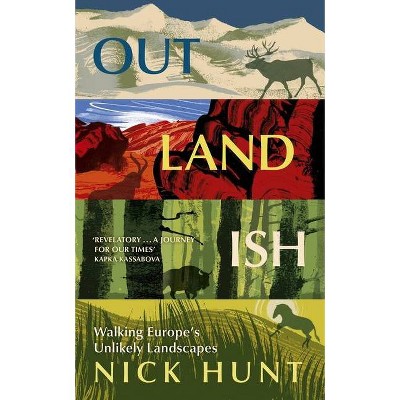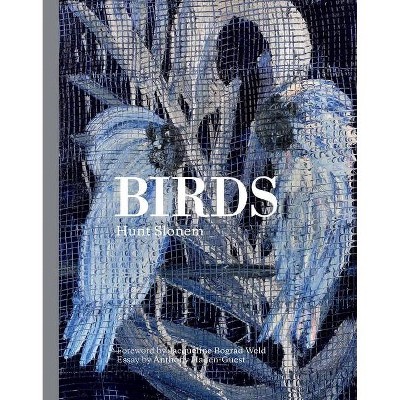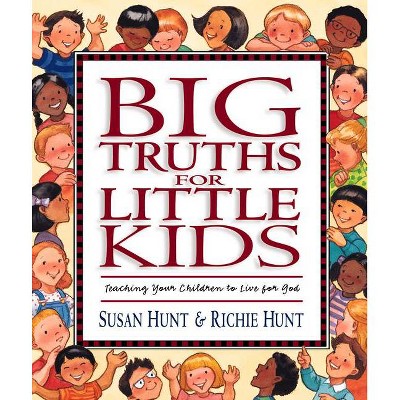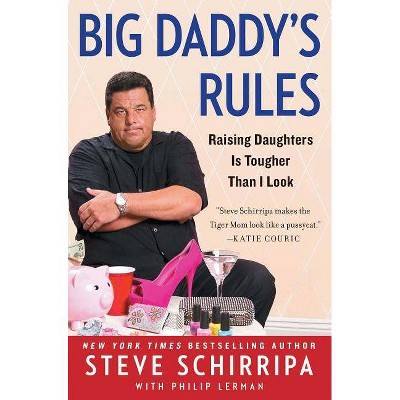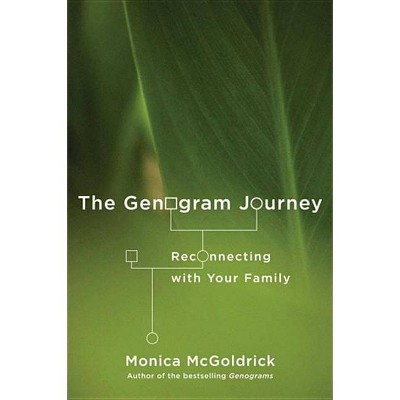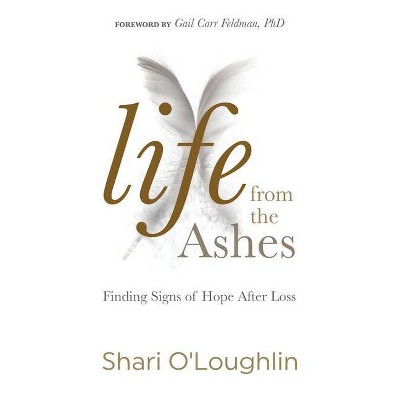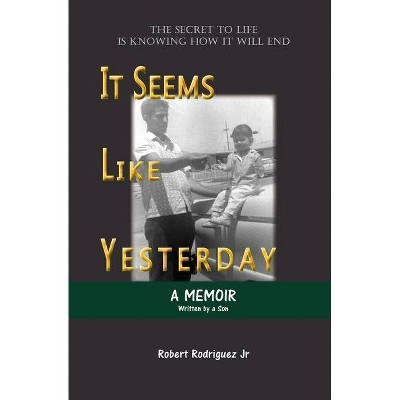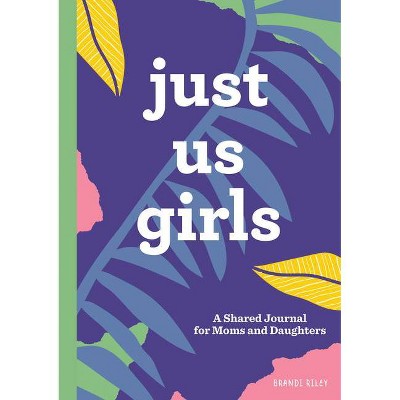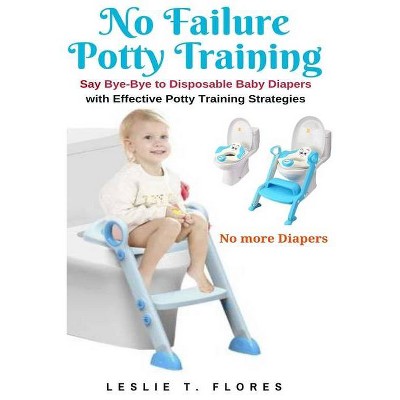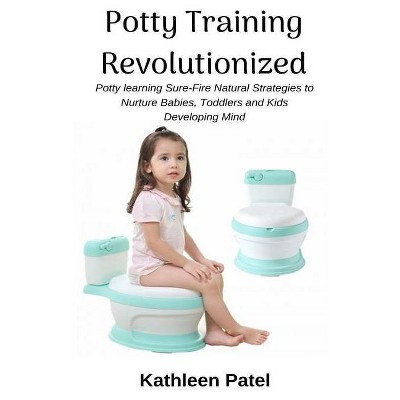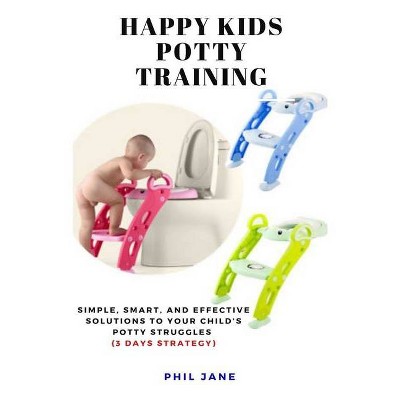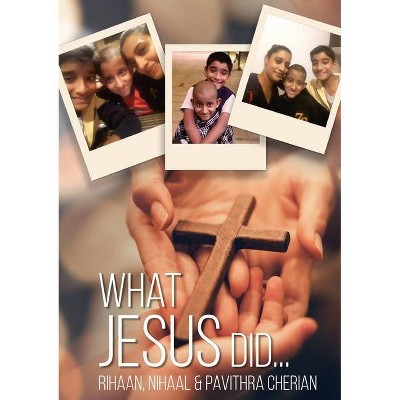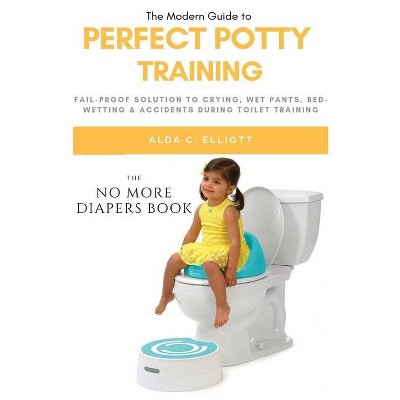Hunt, Gather, Parent - by Michaeleen Doucleff (Hardcover)
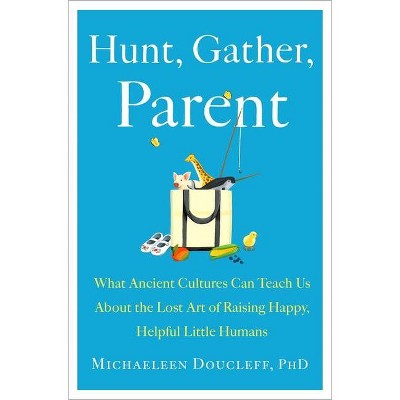
Similar Products
Products of same category from the store
AllProduct info
<p/><br></br><p><b> About the Book </b></p></br></br> An NPR Science Desk correspondent challenges the misleading child-rearing practices commonly recommended to parents, outlining alternatives grounded in international ancestral traditions that are being used effectively throughout the modern world. <p/><br></br><p><b> Book Synopsis </b></p></br></br> <b><i>NEW YORK TIMES </i>BESTSELLER </b> <p/><b>The oldest cultures in the world have mastered the art of raising happy, well-adjusted children. What can we learn from them?</b> <p/><b><b>"<i>Hunt, Gather, Parent</i> is full of smart ideas that I immediately wanted to force on my own kids." --Pamela Druckerman, <i>The New York Times Book Review</i></b></b> <p/>When Dr. Michaeleen Doucleff becomes a mother, she examines the studies behind modern parenting guidance and finds the evidence frustratingly limited and the conclusions often ineffective. Curious to learn about more effective parenting approaches, she visits a Maya village in the Yucatán Peninsula. There she encounters moms and dads who parent in a totally different way than we do--and raise extraordinarily kind, generous, and helpful children without yelling, nagging, or issuing timeouts. What else, Doucleff wonders, are Western parents missing out on? <p/>In <i>Hunt, Gather, Parent</i>, Doucleff sets out with her three-year-old daughter in tow to learn and practice parenting strategies from families in three of the world's most venerable communities: Maya families in Mexico, Inuit families above the Arctic Circle, and Hadzabe families in Tanzania. She sees that these cultures don't have the same problems with children that Western parents do. Most strikingly, parents build a relationship with young children that is vastly different from the one many Western parents develop--it's built on cooperation instead of control, trust instead of fear, and personalized needs instead of standardized development milestones. <p/>Maya parents are masters at raising cooperative children. Without resorting to bribes, threats, or chore charts, Maya parents rear loyal helpers by including kids in household tasks from the time they can walk. Inuit parents have developed a remarkably effective approach for teaching children emotional intelligence. When kids cry, hit, or act out, Inuit parents respond with a calm, gentle demeanor that teaches children how to settle themselves down and think before acting. Hadzabe parents are world experts on raising confident, self-driven kids with a simple tool that protects children from stress and anxiety, so common now among American kids. <p/>Not only does Doucleff live with families and observe their techniques firsthand, she also applies them with her own daughter, with striking results. She learns to discipline without yelling. She talks to psychologists, neuroscientists, anthropologists, and sociologists and explains how these strategies can impact children's mental health and development. Filled with practical takeaways that parents can implement immediately, <i>Hunt, Gather, Parent</i> helps us rethink the ways we relate to our children, and reveals a universal parenting paradigm adapted for American families. <p/><br></br><p><b> Review Quotes </b></p></br></br> <b><i>NEW YORK TIMES </i>BESTSELLER</b><br> <b><i>PUBLISHERS WEEKLY </i>BESTSELLER</b><br> <b><i>USA TODAY </i>BESTSELLER</b> <p/> "<i>Hunt, Gather, Parent</i> is full of smart ideas that I immediately wanted to force on my own kids. (I wish I'd read it at the start of the pandemic, when I made their chore charts.) Doucleff is a dogged reporter who's good at observing families and breaking down what they're doing."<br> <b>--Pamela Druckerman, <i> The New York Times Book Review</i></b> <p/> "Deeply researched . . . [Doucleff] takes care to portray her subjects not as curiosities 'frozen in time, ' but instead as modern-day families who have held on to invaluable child-rearing techniques that likely date back tens of thousands of years."<br> <b>--<i>The Atlantic</i></b> <p/> "Parents: You don't have to go to kid birthday parties anymore! Or awkwardly straddle playground equipment! Or create chore charts! In her funny, honest, and practical book, Michaeleen Doucleff collects ancient wisdom that can restore sanity to parenting." <br> <b>--Amanda Ripley, <i>New York Times</i> bestselling author of <i>The Smartest Kids in the World </i>and <i>High Conflict</i></b> <p/> "THIS IS THE PARENTING BOOK I'VE BEEN WAITING FOR!!! Frustrated by the challenges of being a new parent, investigative journalist Michaeleen Doucleff straps her kid on her back and travels thousands of miles to learn why and how indigenous cultures seem to raise kids to be far more skilled, confident, and content than the kids back at home. Armed with respect and curiosity, Doucleff realizes that incessant communication with her child while attempting to control every small thing leads her child to feel anxiety and act out. And that giving a child autonomy while building a loving connection yields highly skilled kids who cooperate, regulate their emotions, and pitch in without waiting to be asked. Smart, humbling, and revealing, <i>Hunt, Gather, Parent</i> should force a re-set of modern American parenting and return a healthier and happier childhood to both parents and children." <br> <b>--Julie Lythcott-Haims, <i>New York Times </i>bestselling author of <i>How to Raise an Adult </i>and <i>Real American</i></b> <p/> "Michaeleen Doucleff's <i>Hunt, Gather, Parent </i>breathes a gust of fresh air onto the parenting bookshelf. She gives us a whole new way of looking at raising kids, and it is so beautifully intuitive even as it runs counter to everything we have been taught as Western parents. I loved all the families she introduces us to, the landscapes she brings to life, and her honesty about her relationships with her own daughter. It really does take a village to raise a child, and it is pure joy to follow Michaeleen and Rosy from village to village seeing how it can be done. I can't wait to talk to other parents about this book."<br> <b>--</b><b>Angela C. Santomero</b><b>, creator, head writer, and executive producer of </b><b><i>Daniel Tiger's Neighborhood </i></b><b>and </b><b><i>Blue's Clues</i></b><b>, </b><b>and author of </b><b><i>Radical Kindness </i></b><b>and <i>Preschool Clues</i></b> <p/> "Most of our greatest parenting challenges, such as how to instill helpfulness, kindness, and confidence in little ones, aren't problems at all in other cultures. Michaeleen Doucleff travels far and wide to observe firsthand how parents in non-Western societies have successfully nurtured these traits in children for centuries, and she shares their effective strategies in this very readable book. <i>Hunt, Gather, Parent </i>is the new required reading for moms and dads seeking wise and creative solutions to our most vexing parenting dilemmas."<br> <b>--David F. Lancey, PhD, author of <i>The Anthropology of Childhood </i>and <i>Raising Children: Surprising Insights from Other Cultures</i></b> <p/> "A lively account of traveling with her three-year-old daughter Rosy 'to the corners of the world' to research parenting techniques . . . Doucleff includes specific and manageable instructions for parents, and end-of-chapter summaries include extra resources. Parents will find Doucleff's curiosity contagious and guidance encouraging." <br> <b>--<i>Publishers Weekly</i></b> <p/> "This book is filled with accessible, practical information and anecdotes that can help parents address challenges they may face."<br> <b>--Jamie Herndon, <i>Book Riot</i></b> <p/><br></br><p><b> About The Author </b></p></br></br> Michaeleen Doucleff is a correspondent for NPR's Science Desk. In 2015, she was part of the team that earned a George Foster Peabody award for its coverage of the Ebola outbreak in West Africa. Prior to joining NPR, Doucleff was an editor at the journal <i>Cell</i>, where she wrote about the science behind pop culture. She has a doctorate in chemistry from the University of California, Berkeley, and a master's degree in viticulture and enology from the University of California, Davis. She lives with her husband and daughter in San Francisco.
Price History
Cheapest price in the interval: 18.29 on October 27, 2021
Most expensive price in the interval: 18.29 on November 6, 2021
Price Archive shows prices from various stores, lets you see history and find the cheapest. There is no actual sale on the website. For all support, inquiry and suggestion messages communication@pricearchive.us
